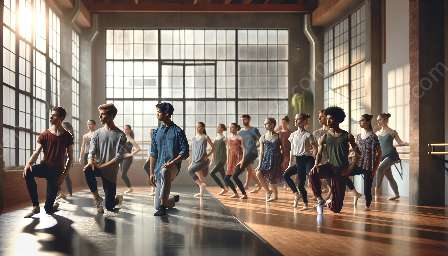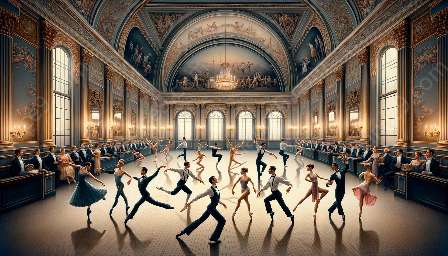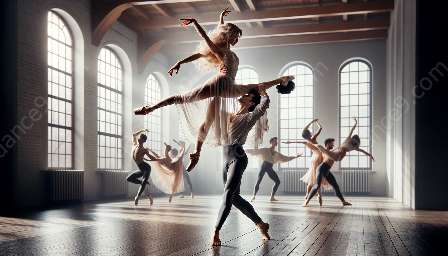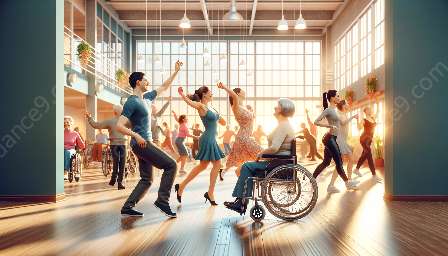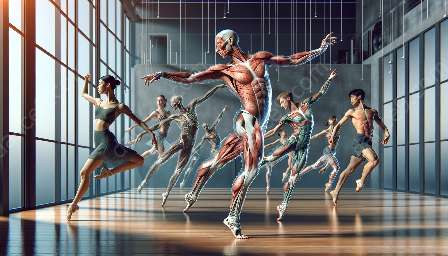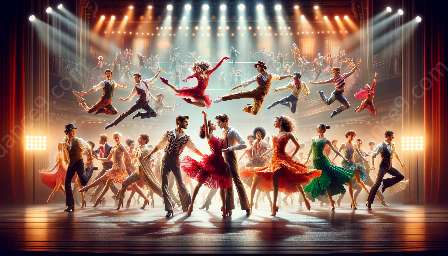Dance education plays a significant role in fostering future talent, promoting creativity, and instilling discipline in aspiring dancers. An effective dance educator possesses a unique set of qualities and skills that contribute to the success of dance education and training. In this article, we will explore the essential qualities of an effective dance educator and their impact on dance education.
Passion for Dance
An effective dance educator is fueled by a genuine passion for dance. This passion is contagious and inspires students to develop a deep appreciation for the art form. A passionate dance educator instills a love for dance in their students, fostering a lifelong interest and commitment to the art.
Strong Communication Skills
Clear and effective communication is essential for a dance educator to convey technical instructions, artistic concepts, and performance feedback. The ability to provide constructive criticism and praise in a motivating manner is crucial for student development. Moreover, effective communication fosters a supportive and encouraging learning environment.
Expertise and Knowledge
An effective dance educator possesses a strong foundation of technical knowledge and expertise in various dance styles. They stay updated with the latest developments in the dance world, constantly refining their skills and sharing their knowledge with students. Through their expertise, they provide valuable insights and guidance to aspiring dancers.
Adaptability
Dance education is a dynamic field that requires adaptability. An effective dance educator is flexible in adapting their teaching methods to meet the diverse learning styles and needs of their students. They create inclusive and supportive environments where every student feels valued and can thrive regardless of their background or abilities.
Leadership and Mentorship
Leading by example, inspiring students, and serving as a mentor are integral aspects of effective dance education. A great dance educator instills confidence, self-discipline, and respect for the art form in their students. They empower their students to develop their individual artistic voices and encourage them to pursue excellence in their dance endeavors.
Emotional Intelligence and Empathy
Understanding the emotional and psychological aspects of dance training is crucial for an effective dance educator. They possess empathy, patience, and the ability to connect with their students on a personal level. Recognizing and addressing the emotional challenges that students may face in their dance journey helps create a supportive and nurturing learning environment.
Continual Learning and Growth
Great dance educators are lifelong learners who are committed to personal and professional growth. They seek opportunities to expand their knowledge, expertise, and teaching methods. Embracing continual learning allows them to stay current and innovative, providing their students with enriching and relevant dance education experiences.
Collaboration and Relationships
Building strong collaborative relationships with students, parents, fellow educators, and industry professionals is essential for an effective dance educator. By fostering a network of support and collaboration, they create opportunities for their students to connect with the larger dance community and gain valuable insights into the professional dance world.
Conclusion
An effective dance educator possesses a combination of passion, expertise, empathy, and leadership that enriches the dance education and training experience. By embodying these qualities, they inspire and empower the next generation of dancers, shaping the future of dance. Through their dedication and commitment, they play a pivotal role in nurturing talent, fostering creativity, and shaping the aspirations of aspiring dancers.


